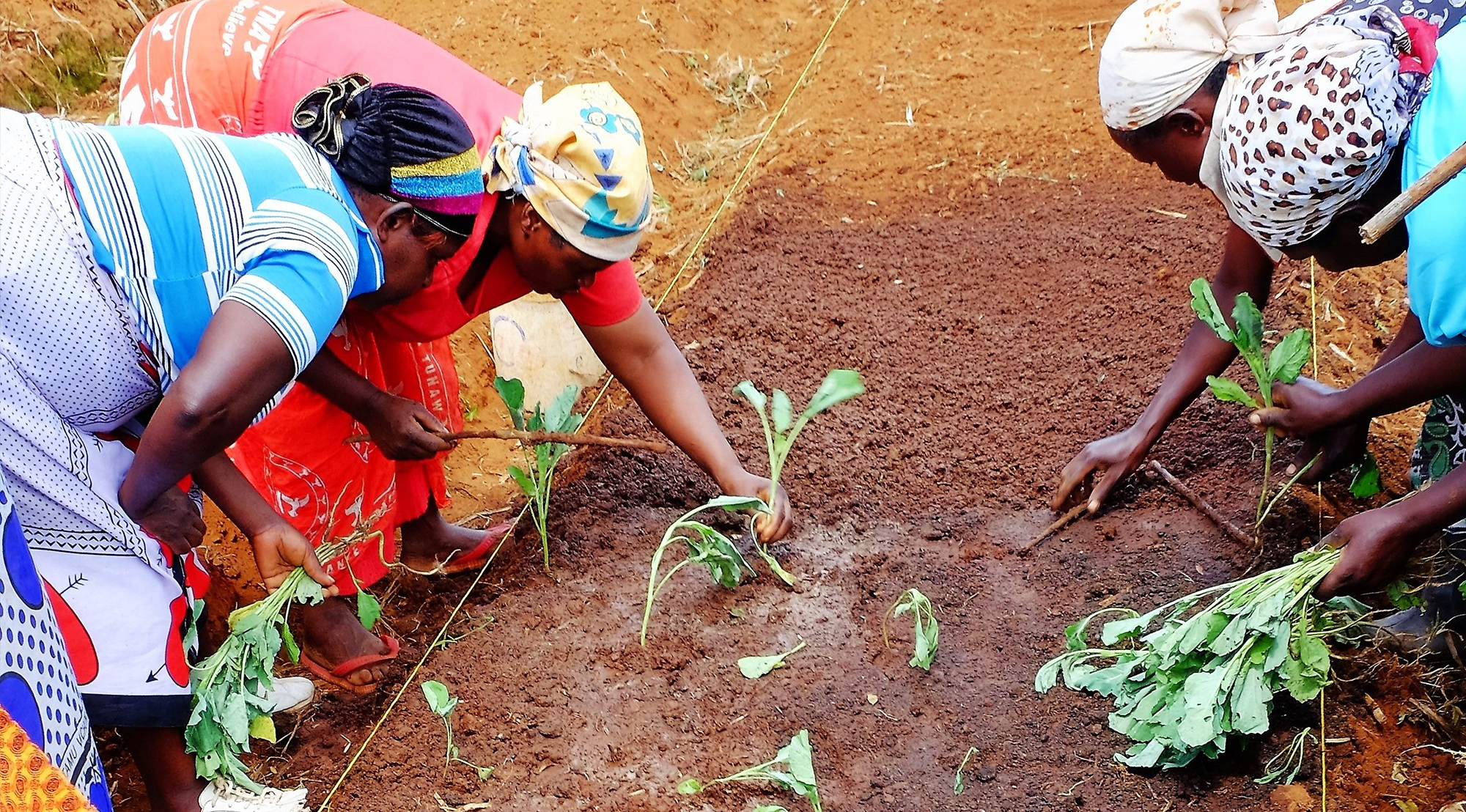In Kenya, the effects of climate change, excessive use of resources, historical injustice and inequality, endemic corruption, and poverty are increasingly at the root of violent conflicts, often along ethnic lines. These conflicts revolve around access to and control over natural resources such as land and water. There is a decline in traditional values such as solidarity, as they are displaced by a pitiless kind of materialism.
The fertile highlands are extremely densely populated. Alongside plantations owned by the elite, family farms are trying to survive, often on less than one hectare of land. And the plots get smaller with every generation. Families are torn apart by disputes over dividing inherited land and widows and daughters are often left empty-handed. Market-focused farming methods, with expensive hybrid seeds and artificial fertilizers, lead to widespread debt. In semi-arid regions, herder communities are also highly exposed to problems due to overgrazing and frequent droughts. Their herds are at once their basic livelihood and a status symbol. In especially hard times, they therefore allow their cattle to graze on farmers’ fields, which all too often leads to violent conflicts.
The projects run by Fastenopfer’s local partners have three strategic approaches:
– Agroecological methods are used to help the smallest family farms to be more resilient in the face of climate change. The forest and the vegetable gardens guarantee families a varied and cheap source of food.
– By working cooperatively and running their own savings banks, solidarity groups are able to cover their basic needs and find a longer-term escape from the debt trap.
– Local peace committees play a major role in resolving resource-based conflicts in non-violent ways. Local amateur lawyers raise people’s awareness of land law and mediate in land-related conflicts.
In the longer term, these measures aim to enable grassroots solidarity groups to exercise their rights vis-à-vis the authorities and initiate transformation processes.


